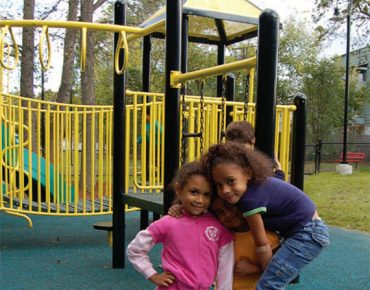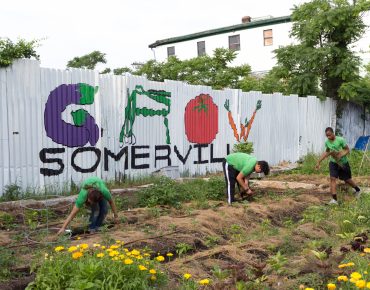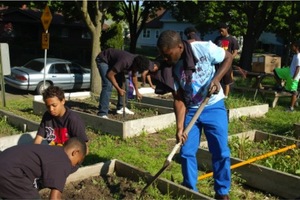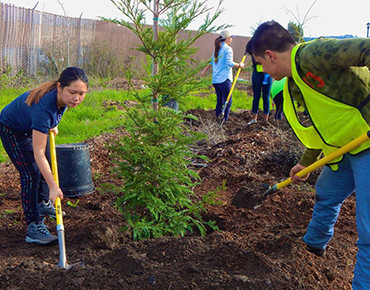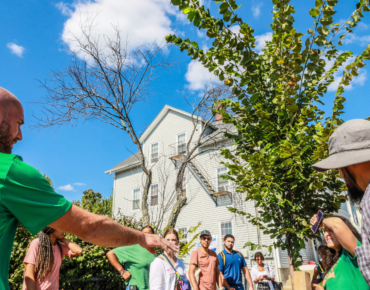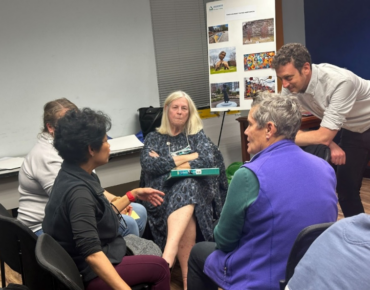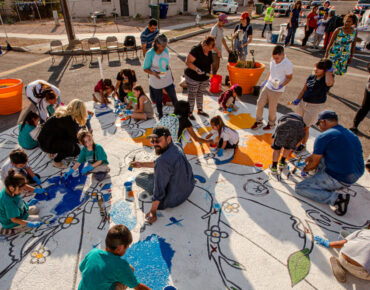Creating PARKS AND green spaces from BROWNFIELDS
Brownfield sites, properties whose redevelopment may be complicated by the presence or potential presence of a hazardous substance, pollutant, or contaminant, are physical evidence of unresolved issues facing underserved neighborhoods. Whether the contamination is real or perceived, brownfields hinder redevelopment efforts and perpetuate the cycle of disinvestment. Working hand-in-hand with local residents through inclusive, community-driven processes, Groundwork Trusts plan and implement high-impact brownfield transformation and land-reuse projects in areas with the greatest need, transforming liabilities into community assets.
